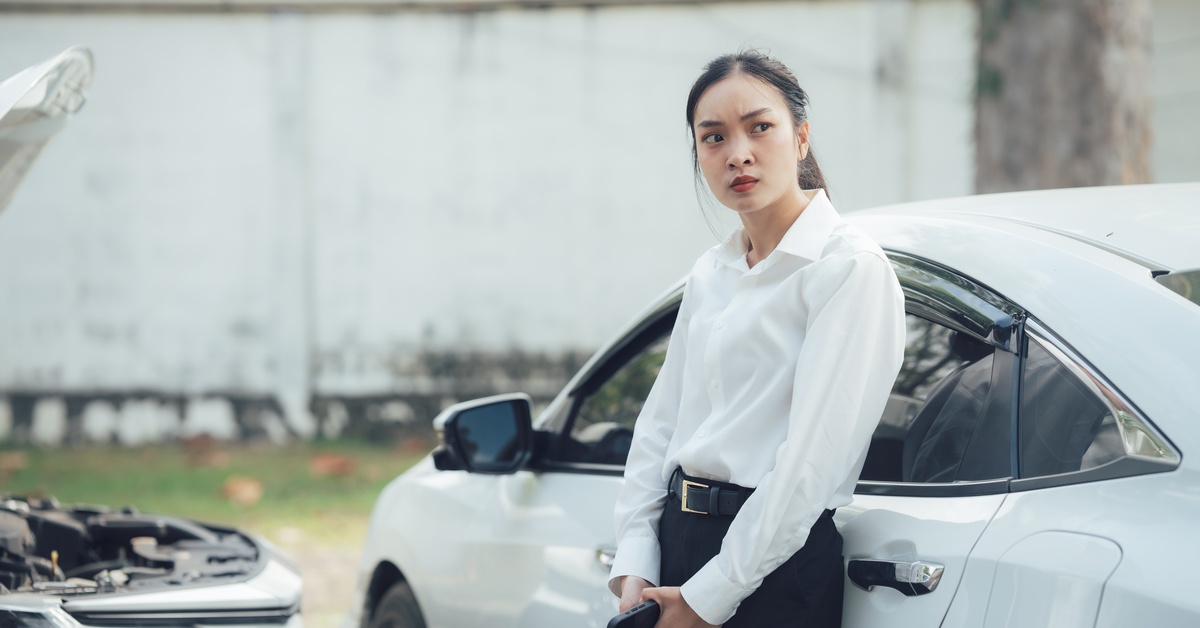
Nonowner insurance serves a specific purpose for individuals who borrow, rent, or occasionally drive cars. Navigating the world of car insurance can be tricky, especially if you don’t own a vehicle.
This quick guide to nonowner insurance coverage can help you understand its key features. If you regularly drive cars that you don’t own, such as rentals, the following insights can ensure you’re adequately protected.
What Is Nonowner Insurance?
Nonowner insurance provides liability coverage for drivers who do not own a car but rent vehicles on a regular basis. Unlike traditional auto insurance, it’s not tied to a specific vehicle. Instead, it covers the driver, offering protection against costs associated with bodily injury or property damage to others in an accident where the driver is at fault.
However, it doesn’t generally include collision or comprehensive coverage, which means it won’t cover damages to the car you’re driving or personal injuries.
This type of insurance is especially helpful for people who frequently rent cars or regularly borrow vehicles from friends or family. It can act as an umbrella of protection when the car owner’s insurance policy doesn’t fully cover damages. Additionally, it’s a smart choice if you frequently use car-sharing services.
Should You Consider It?
Several scenarios make nonowner insurance a valuable choice. If you frequently borrow a car, the vehicle owner’s policy might not provide adequate liability coverage in the event of an accident. Nonowner insurance can fill that gap, protecting you from costly lawsuits and financial setbacks.
While rental car companies offer insurance, the costs can add up quickly. Nonowner insurance offers a more affordable long-term solution, providing coverage across rentals without purchasing costly rental insurance repeatedly.
It can also help individuals who are between vehicles. For example, suppose you’ve sold your car and are planning to buy a new one but need to maintain continuous auto insurance coverage. In that case, a nonowner policy prevents lapses in insurance history. This extension of coverage is necessary to avoid higher premiums when you eventually purchase a new car insurance policy.
Key Features and Limitations
Nonowner insurance comes with some advantages. The policy focuses on liability coverage, which includes expenses for injuries or damages you cause in an accident while driving a borrowed or rented vehicle. This coverage helps you maintain financial security by covering medical bills, property repair costs, and potential legal fees.
It’s also important to know its limitations. This coverage does not include physical damage to the car you’re driving or your injuries. Additionally, it doesn’t apply if you’re driving a vehicle owned by someone in your household. For instance, if your spouse owns the car, their policy would need to cover you instead.
Is It Right for You?
Now that you’ve read through this quick guide to nonowner insurance coverage, you must determine whether nonowner insurance is right for you. If you regularly rent vehicles and want a dependable and cost-effective way to guarantee liability protection, it’s an excellent choice.
Contact an expert at Saferoad Insurance to explore your options for home and auto insurance in Anaheim. We can talk more about how nonowner insurance can provide peace of mind without tying you to a specific vehicle.